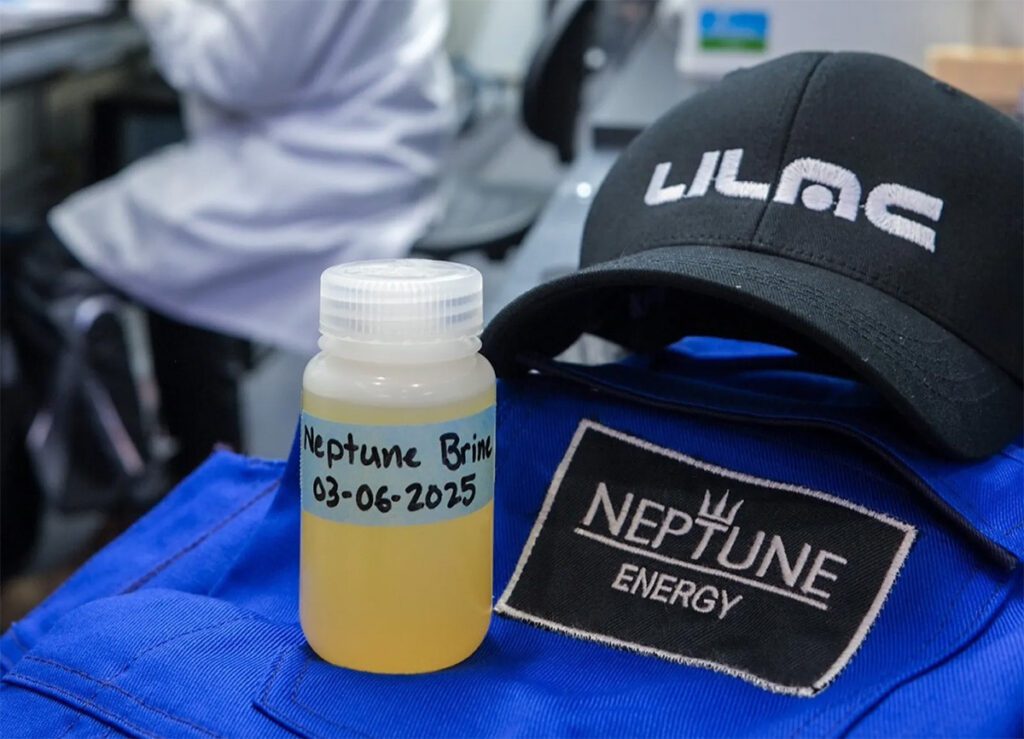The Wall Street Journal reported that the Securities and Exchange Commission is investigating whether Tesla breached securities laws by not immediately informing investors about the recent fatal crash involving an Autopilot-equipped Model S.
The WSJ cited an anonymous “person familiar with the matter,” who said that the SEC’s inquiry is in a very early stage and may not lead to any enforcement action. An SEC spokesman declined to comment, and a Tesla spokesperson said the company had not been contacted by the SEC.
The accident occurred on May 7, and Tesla notified the National Highway Traffic Safety Administration on May 16, which the company said is sooner than rules require. Both Tesla and the NHTSA opened investigations. The National Transportation Safety Board is now also investigating.
What raised eyebrows in the financial press (including Fortune, which ran an article that earned an indignant response from Elon Musk) is the fact that Tesla didn’t disclose the accident to the public before it sold a $2 billion chunk of stock on May 18. Securities rules require companies to disclose information that is “material” to investors.
Tesla said it sent an investigator to Florida to retrieve data from the car on May 18. “The damage sustained by the Model S in the crash limited Tesla’s ability to recover data from it remotely,” said a company spokesman. “During the last week of May, Tesla was able to finish its review of the logs and complete its investigation. The financing round had already taken place by that time.”
“I didn’t know there had been an Autopilot incident at the time of the fundraising,” Elon Musk said in an interview. “What we told NHTSA [on May 16] was just that somebody died – it wasn’t that there was an Autopilot incident. I also don’t think it’s material, but I didn’t know about it.”
Was the crash material to Tesla investors? The stock market apparently thinks not – TSLA stock saw only a minor dip when the news broke, and has risen since then. Securities experts quoted by the WSJ say there is no clearly defined standard. University of Colorado law professor Erik Gerding said the issue presented a “tough judgment call” for Tesla. University of Michigan law professor and former SEC attorney Adam Pritchard is “very skeptical” that a court would find any breach of securities laws: “The behavior of the stock price – the fact that it bounced back very promptly – most courts would say was fairly persuasive evidence that it was not material.”
Source: Wall Street Journal



















































































